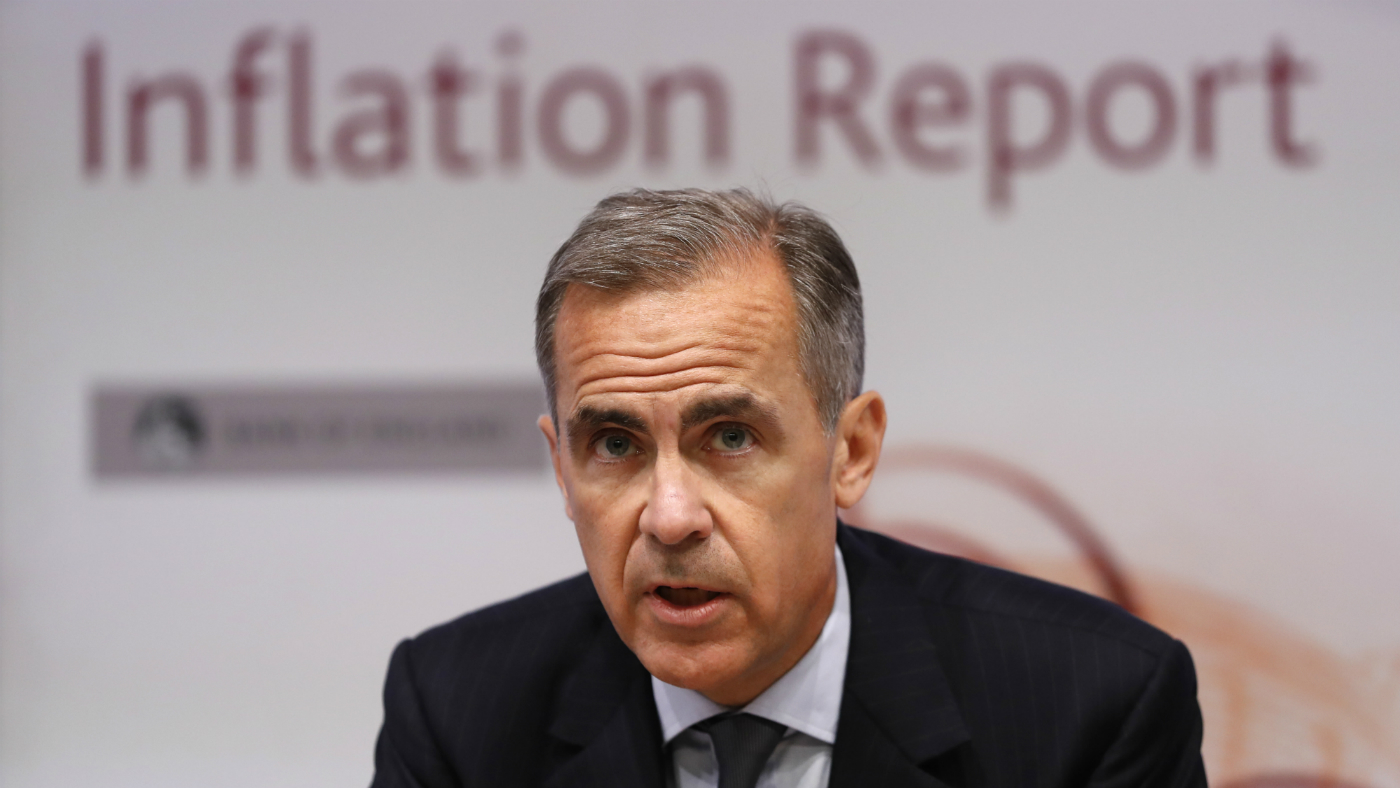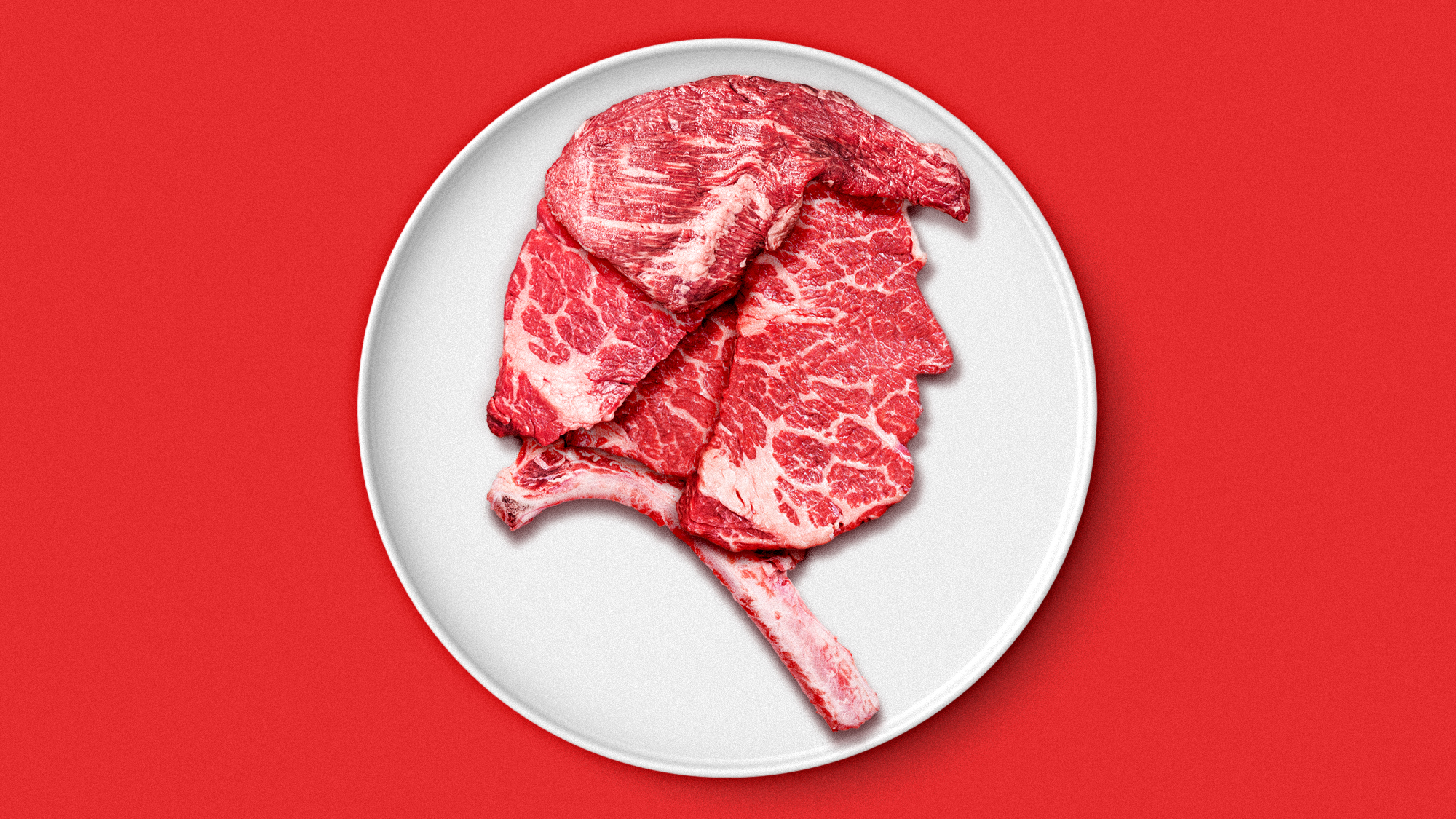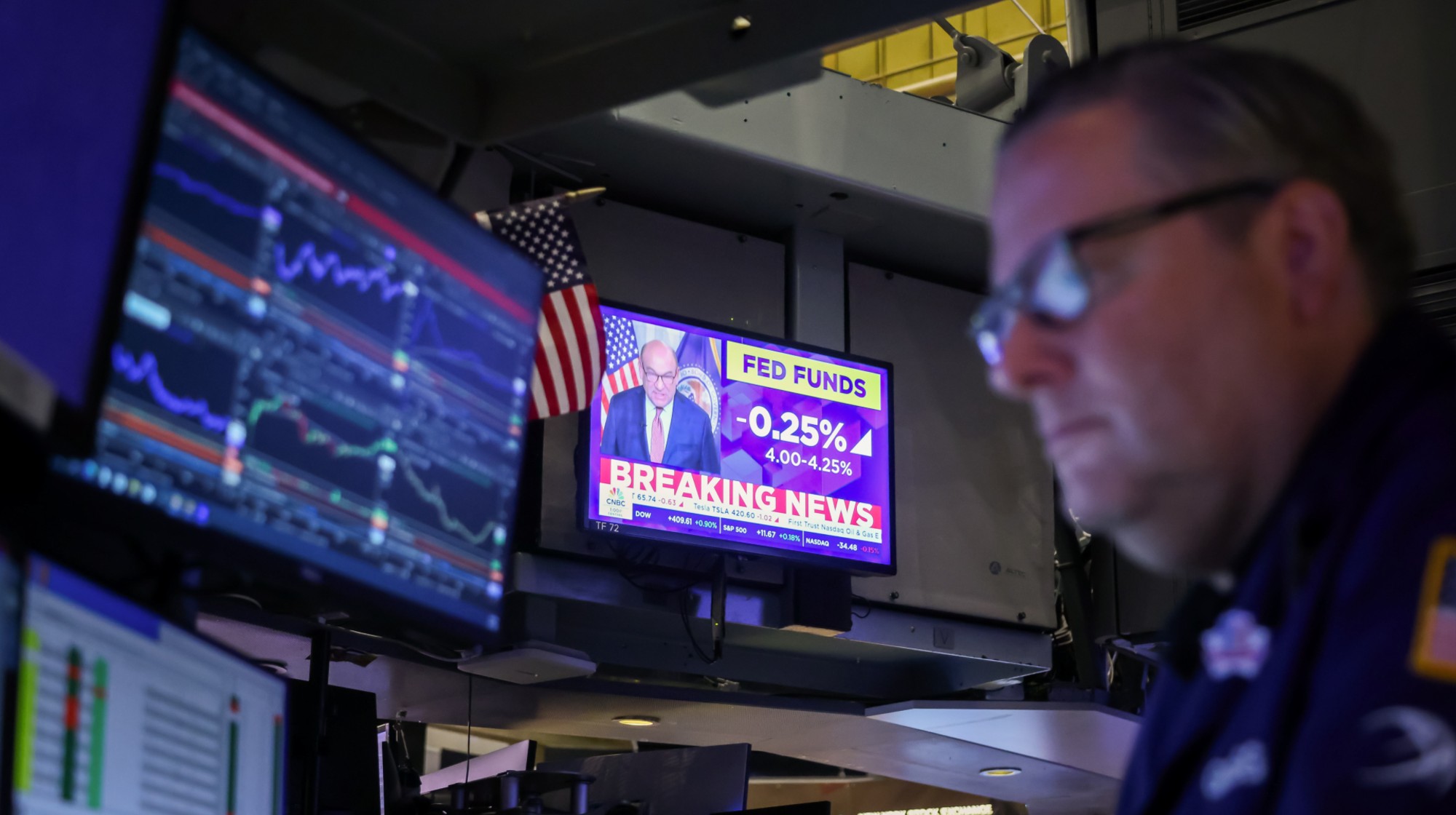UK inflation hits five-year high
Inflation climbs to 3 percent due to increases in food and transport prices

A free daily email with the biggest news stories of the day – and the best features from TheWeek.com
You are now subscribed
Your newsletter sign-up was successful
The UK inflation rate reached its highest point in over five years in September 2017.
The Consumer Prices Index (CPI) climbed to 3% for the month, a level it hasn't reached since April 2012, and an increase on the 2.9% recorded in August.
The rate was driven up by “increases in transport and food prices”, writes the BBC, while Mark Carney, governor of the Bank of England, has said that the rate is likely to keep rising due to the current weakness of the pound.
The Week
Escape your echo chamber. Get the facts behind the news, plus analysis from multiple perspectives.

Sign up for The Week's Free Newsletters
From our morning news briefing to a weekly Good News Newsletter, get the best of The Week delivered directly to your inbox.
From our morning news briefing to a weekly Good News Newsletter, get the best of The Week delivered directly to your inbox.
“The sole reason that inflation has gone up as much as it has is the depreciation of sterling,” Carney told the Treasury Committee today.
The inflation increase “raises the likelihood of an increase in interest rates next months”, writes the BBC. Interest rates currently sit at 0.25%.
The Guardian says the increase is bad news for workers, “as average wages only rose by 2.1% per year in the three months to July”, but that pensioners “can look forward to a 3% increase in the basic state pension next April”, as pensions rise in line with earnings growth under the triple-lock system.
ONS head of inflation Mike Prestwood told the BBC that: “Food prices and a range of transport costs helped to push up inflation in September. These effects were partly offset by clothing prices that rose less strongly than this time last year.”
A free daily email with the biggest news stories of the day – and the best features from TheWeek.com
-
 How to Get to Heaven from Belfast: a ‘highly entertaining ride’
How to Get to Heaven from Belfast: a ‘highly entertaining ride’The Week Recommends Mystery-comedy from the creator of Derry Girls should be ‘your new binge-watch’
-
 The 8 best TV shows of the 1960s
The 8 best TV shows of the 1960sThe standout shows of this decade take viewers from outer space to the Wild West
-
 Microdramas are booming
Microdramas are boomingUnder the radar Scroll to watch a whole movie
-
 Will Trump’s 10% credit card rate limit actually help consumers?
Will Trump’s 10% credit card rate limit actually help consumers?Today's Big Question Banks say they would pull back on credit
-
 What will the US economy look like in 2026?
What will the US economy look like in 2026?Today’s Big Question Wall Street is bullish, but uncertain
-
 Is $140,000 the real poverty line?
Is $140,000 the real poverty line?Feature Financial hardship is wearing Americans down, and the break-even point for many families keeps rising
-
 Fast food is no longer affordable for low-income Americans
Fast food is no longer affordable for low-income AmericansThe explainer Cheap meals are getting farther out of reach
-
 Why has America’s economy gone K-shaped?
Why has America’s economy gone K-shaped?Today's Big Question The rich are doing well. Everybody else is scrimping.
-
 From candy to costumes, inflation is spooking consumers on Halloween this year
From candy to costumes, inflation is spooking consumers on Halloween this yearIn the Spotlight Both candy and costumes have jumped significantly in price
-
 Why are beef prices rising? And how is politics involved?
Why are beef prices rising? And how is politics involved?Today's Big Question Drought, tariffs and consumer demand all play a role
-
 Fed cuts interest rates a quarter point
Fed cuts interest rates a quarter pointSpeed Read ‘The cut suggests a broader shift toward concern about cracks forming in the job market’